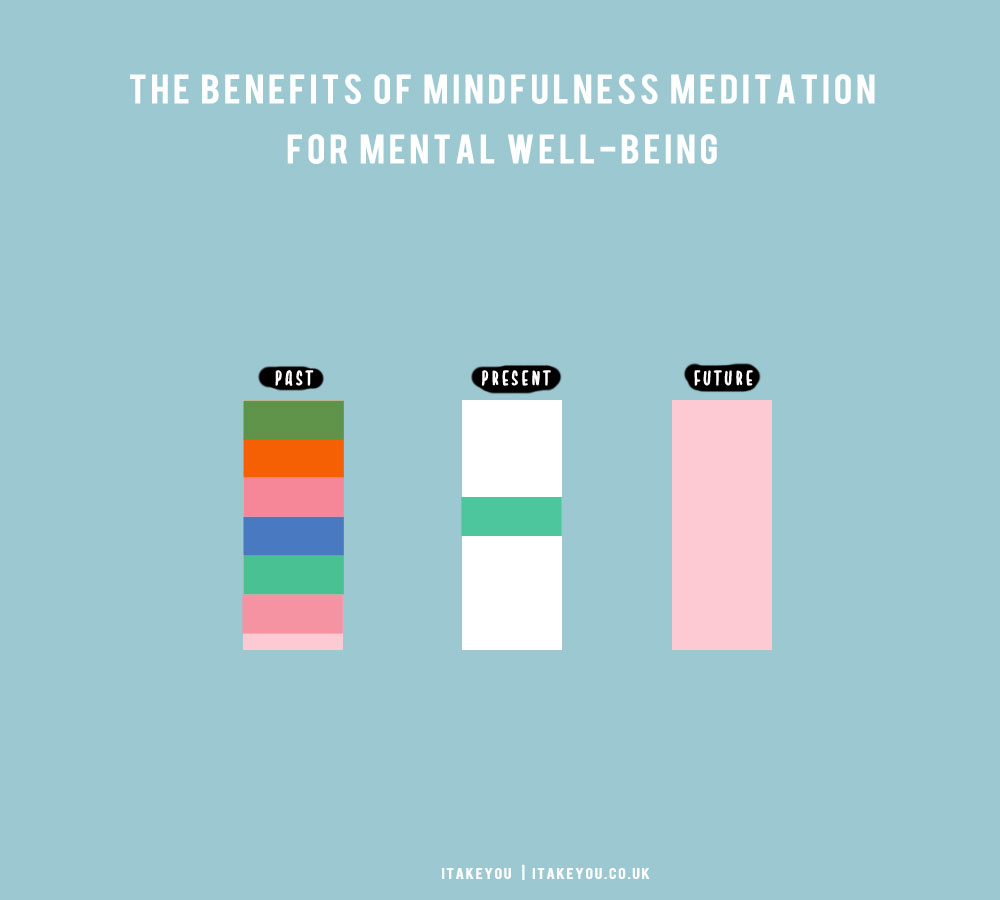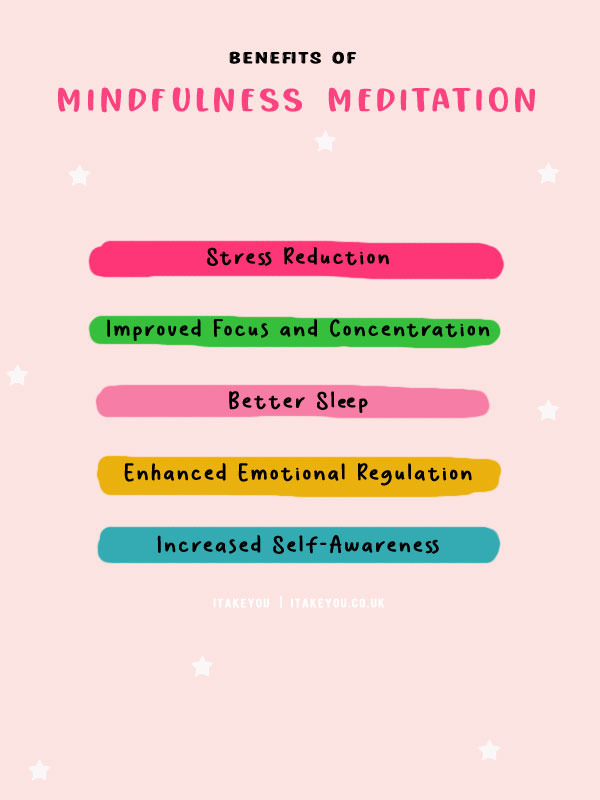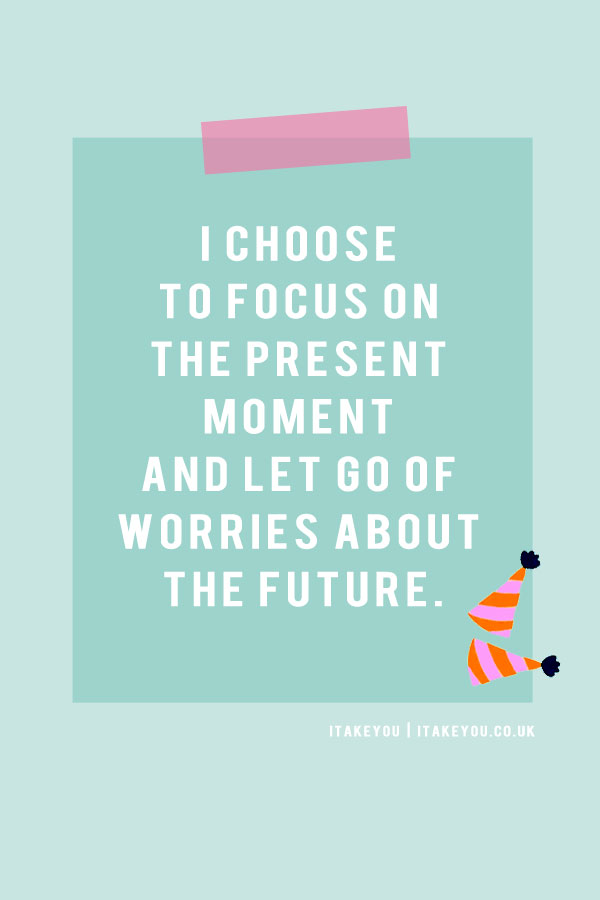The Benefits of Mindfulness Meditation for Mental Well-being
In today’s fast-paced world, where stress and anxiety seem to be ever-present, finding ways to prioritize mental well-being has become increasingly important. One practice that has gained popularity for its potential to reduce stress, improve focus, and enhance overall well-being is mindfulness meditation. In this article, we’ll explore the science behind mindfulness meditation, its impact on mental health, and practical tips for incorporating mindfulness practices into daily life.

Understanding Mindfulness Meditation
At its core, mindfulness meditation involves paying attention to the present moment without judgment. It’s about cultivating awareness of your thoughts, feelings, and sensations as they arise, and accepting them without attachment or resistance. This practice, rooted in ancient Buddhist traditions, has been embraced by people around the world for its profound effects on mental and emotional well-being.
The Science Behind Mindfulness Meditation
Numerous scientific studies have demonstrated the benefits of mindfulness meditation for mental health. Research shows that regular meditation practice can lead to changes in the brain’s structure and function, including increased gray matter density in areas associated with emotional regulation and decreased activity in the brain’s default mode network, which is responsible for mind-wandering and self-referential thoughts.
Benefits of Mindfulness Meditation
The practice of mindfulness meditation offers a wealth of benefits for mental and emotional well-being. From reducing stress and enhancing focus to promoting emotional regulation and improving sleep quality, the positive effects of mindfulness meditation are far-reaching and profound. In this section, we’ll delve into the science behind mindfulness meditation and explore the myriad ways it can positively impact your life.

- Stress Reduction: One of the most well-known benefits of mindfulness meditation is its ability to reduce stress. By bringing attention to the present moment and adopting a non-judgmental attitude, individuals can learn to respond to stressors more skillfully and develop resilience in the face of challenges.
- Improved Focus and Concentration: Mindfulness meditation can enhance cognitive function and attentional control, leading to improved focus and concentration. By training the mind to stay present and redirecting attention when it wanders, individuals can increase their ability to concentrate on tasks and activities.
- Enhanced Emotional Regulation: Mindfulness meditation promotes emotional regulation by increasing awareness of emotions as they arise and providing space to observe and respond to them in a balanced and non-reactive manner. This can lead to greater emotional resilience and a more stable mood.
- Better Sleep: Practicing mindfulness meditation can improve sleep quality by calming the mind and reducing nighttime rumination and anxiety. By cultivating a sense of relaxation and tranquility, individuals can experience deeper and more restful sleep.
- Increased Self-Awareness: Mindfulness meditation fosters self-awareness by encouraging individuals to observe their thoughts, feelings, and behaviors without judgment. This heightened self-awareness can lead to greater insight into one’s patterns and tendencies, paving the way for personal growth and self-improvement.
Incorporating Mindfulness into Daily Life
Integrating mindfulness into your daily routine can lead to profound changes in your mental and emotional well-being. By bringing conscious awareness to each moment, you can cultivate a greater sense of peace, clarity, and presence in your life. In this section, we’ll explore practical strategies for incorporating mindfulness into your daily activities, allowing you to experience the benefits of mindfulness meditation in every aspect of your life.
- Start Small: Begin by dedicating just a few minutes each day to mindfulness meditation. Set aside a quiet space where you can sit comfortably and focus on your breath or a specific point of attention. As you become more comfortable with the practice, gradually increase the duration of your sessions.
- Practice Regularly: Consistency is key when it comes to mindfulness meditation. Aim to practice every day, even if it’s just for a few minutes. Establishing a regular meditation routine will help you reap the full benefits of the practice over time.
- Be Patient and Gentle with Yourself: Mindfulness meditation is a skill that takes time to develop. Be patient with yourself and approach the practice with a spirit of curiosity and openness. Remember that it’s okay to have thoughts and distractions during meditation; the goal is simply to observe them without judgment and gently return to your point of focus.
- Integrate Mindfulness into Daily Activities: Mindfulness can be practiced not only during formal meditation sessions but also throughout the day in everyday activities. Whether you’re eating, walking, or washing dishes, try to bring a mindful awareness to each moment, paying attention to the sensations, thoughts, and emotions that arise.
- Seek Guidance and Support: Consider seeking guidance from experienced meditation teachers or joining a mindfulness meditation group or class. Having support and guidance can deepen your practice and provide valuable insights and techniques for navigating challenges.
Mindfulness meditation offers a powerful tool for enhancing mental well-being and cultivating a greater sense of peace and clarity in daily life. By incorporating mindfulness practices into your routine and embracing the present moment with openness and curiosity, you can unlock the transformative potential of meditation and experience profound benefits for your mental and emotional health.



 20 Powerful Daily Affirmations To Inspire and Empower You
20 Powerful Daily Affirmations To Inspire and Empower You





